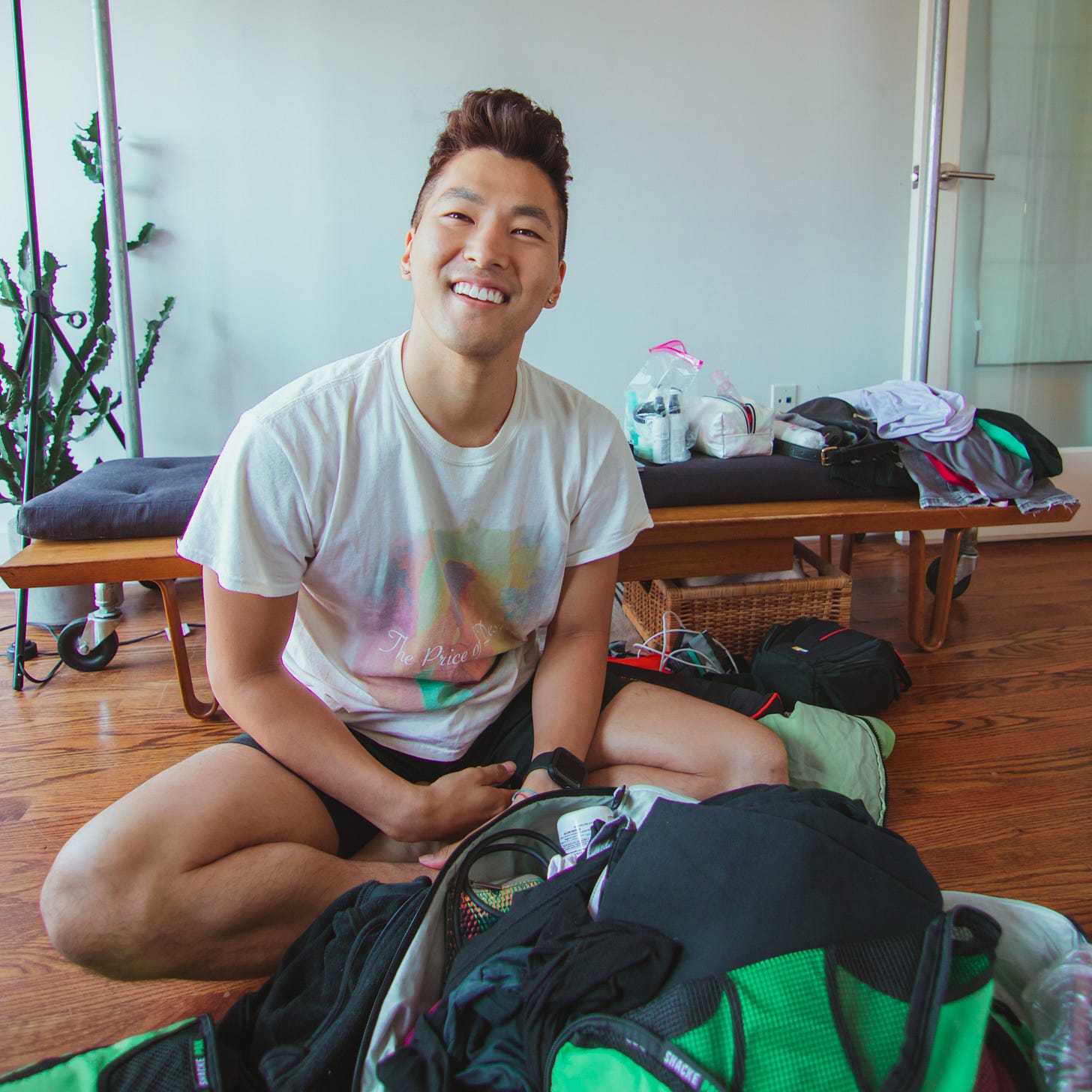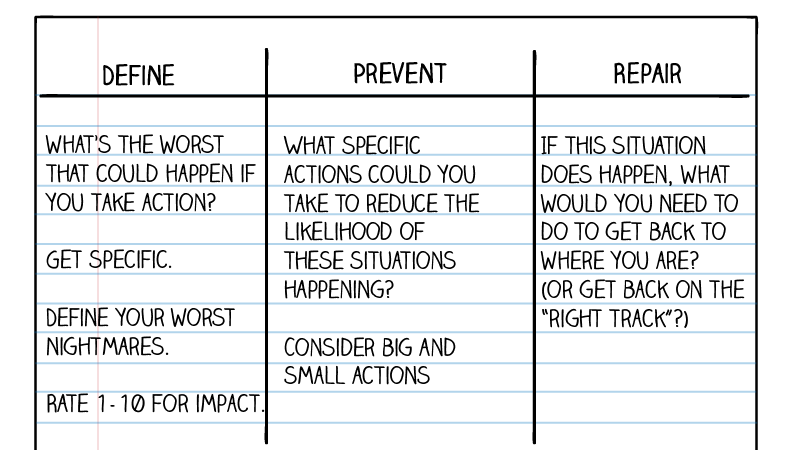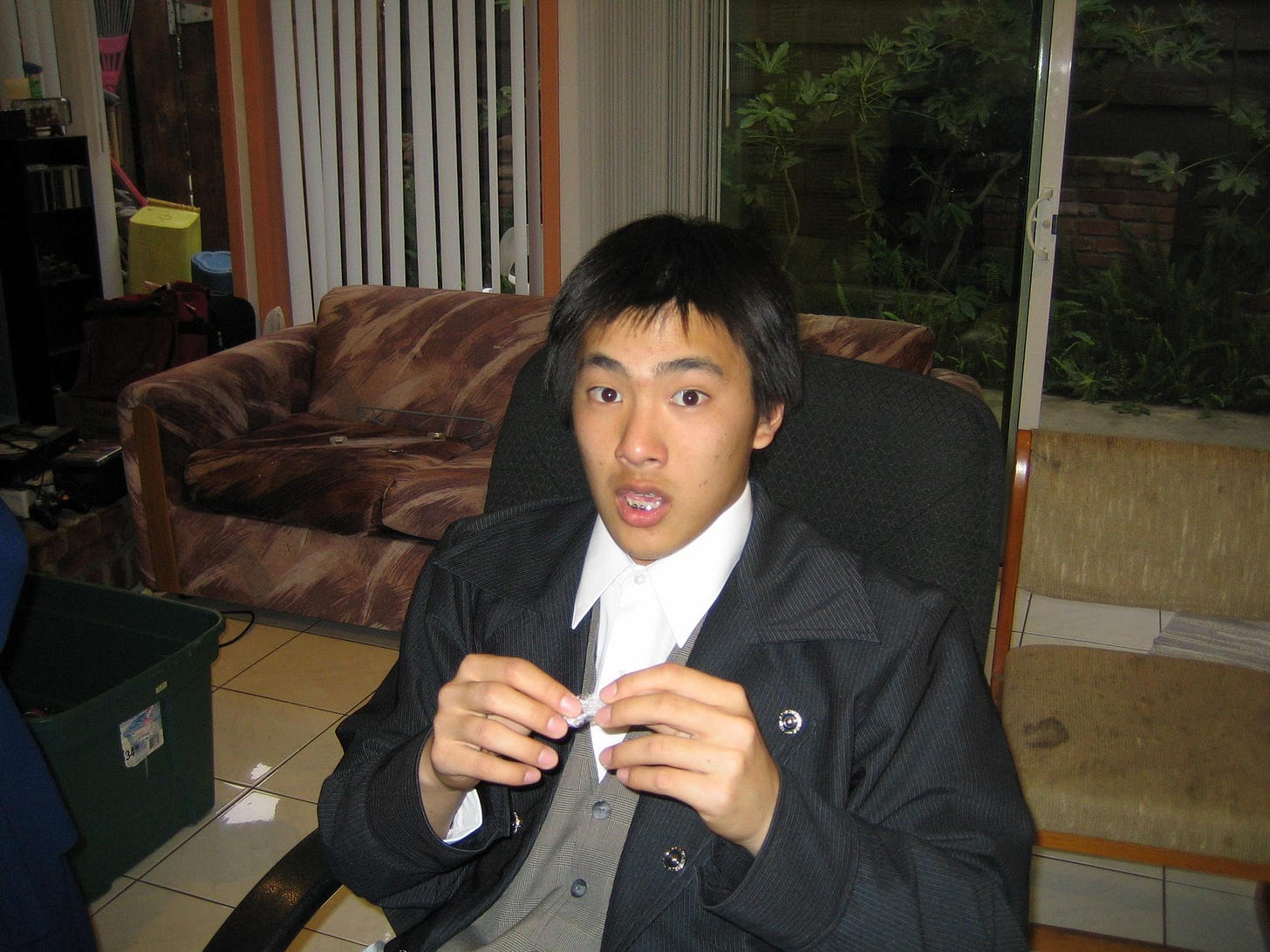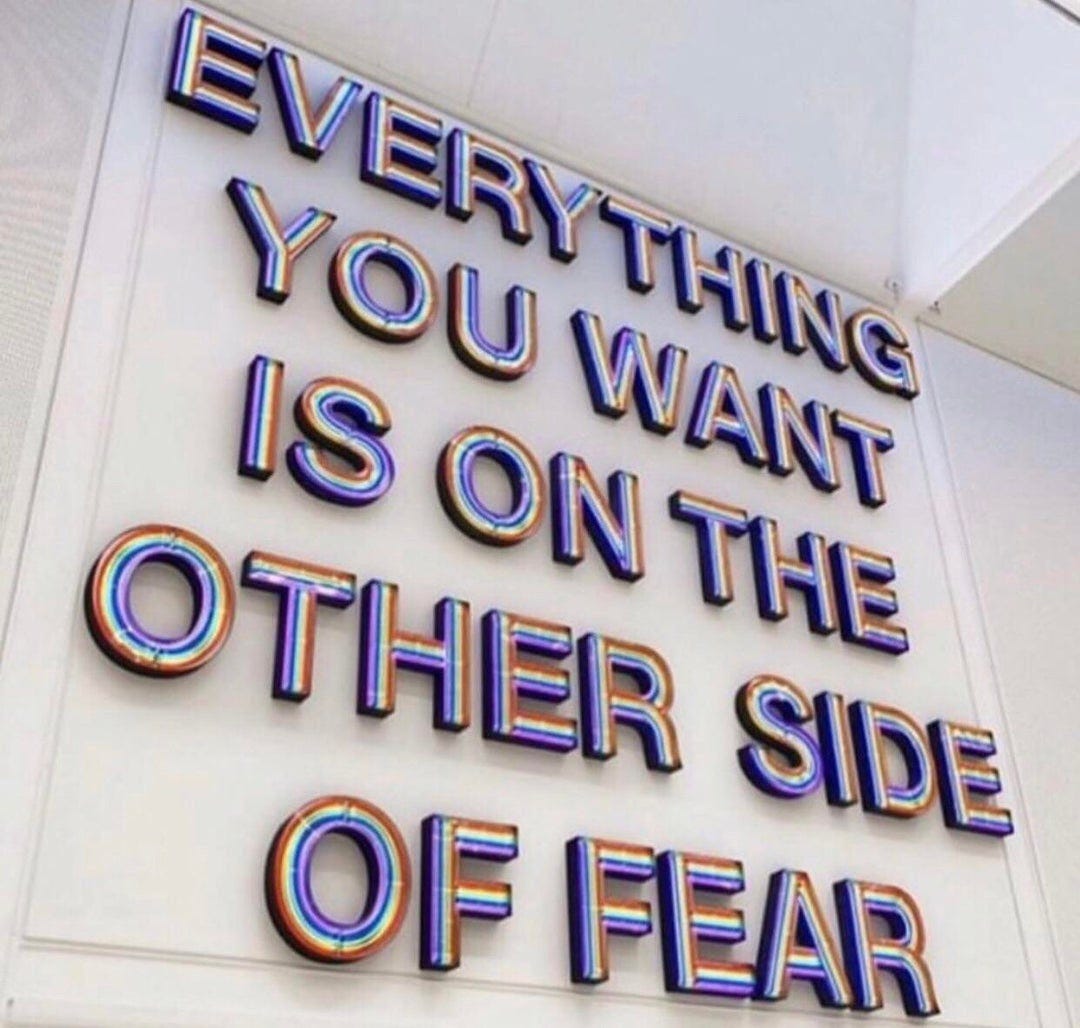Facing my money anxiety (and lessons from my experience)
Alleviating fears and anxiety, a beautiful queer book, identity issues, ethics in technology and finding who we truly are

Hi friend!
Touchdown, New York City! And greetings from Williamsburg, Brooklyn (at this current moment). I am staying with generous friends throughout the month of October as I hunt down a new place to call home.
As I was scouring Craigslist for new homes, I was a little surprised to see people looking for tenants to sign an October 1 lease earlier this week. What that tells me is that although I've already been putting out applications everywhere, a home will probably not come to fruition until the end of the month. Even days before the month ends. This last-minute search is extremely stressful, but whatever New York City wants, New York City gets. That is the price you pay to live in this dense city.
Moments like this teach me a lot about my fears and anxiety. No matter how much I’ve grown and how many times I’ve done this type of move before, there will always be a part of me that gets overtly anxious whenever things are out of my control. The best I can do is to greet it with compassion and work with it. It’s never going away.
With that said, I have learned two important ways to mitigate fear and anxiety:
The first way is through a fear-setting exercise that Tim Ferriss presented at TED. You draw out three columns: one to define your fears, one to list out ways you can mitigate the fear (to the best of your ability), and one to write out what you would do in the worst-case scenario. Usually, we overreact to our own fears. In my case, if I am afraid of not finding a home, the best I can do is to spend a few hours of each day applying and be active on all of the home-search websites. And if a home doesn’t come to fruition by the end of the month, I have so many other friends who would help me out or I can resort to securing a less desirable temporary sublease to put a roof over my head. By embracing the "worst", it makes the fear seem so much less intimidating.

And before I share my second tip, I’ll share with you something that’s been on my mind a lot lately: money. Since I started to work on my own projects, income has not been flowing in. That combined with a poor childhood, my brain reverts to the worst-case scenario: “I will be out on the streets soon enough”. Often, my fears manifest itself in these extreme scenarios that bother me for days on end.
My brain, however, does not factor in the smart investments I’ve made in the past and the money trauma I’ve had as a child continues to haunt me mindlessly. I’ve been taking advice from all of these entrepreneur "gurus" recommending us all to focus on that “one goal” and “leave everything else behind”. The more I listen to these people, the more it becomes obvious that they may not have had the same money trauma that I’ve had in the past. As much as I would like to risk everything I own, my heart is slowly breaking with the fear of facing my past.
As a kid growing up, I rarely ate out. I rarely traveled. I wore clothes in high school that I bought as a child. I got gifted a box of colored pencils for Christmas because that was all my mom could afford at the time. I held multiple jobs in college fearing that I would not be able to afford to go to school if I couldn’t pay for it.

(Flashback to high school)
And with so much compassion I present the second tip of alleviating fear and anxiety: balance. Finding a balanced alternative vs. counterbalancing our worst-case scenario with another extreme. In my case, leaping into full-time entrepreneurship without taking into consideration all of these past experiences I’ve had. It has been mentally taxing, but I didn’t realize how much. Perhaps instead of just sole entrepreneurship, it’s about finding a balance with some side income to offset the anxiety. Sure, it’s not what all of the “gurus” recommend, but this is what my heart needs. I’m being compassionate with what my past experiences, trauma, and anxiety need from me. And maybe I can slowly flex to take bigger risks as my heart permits.
Life is a constant process of learning with all of its ups and downs. Fears and anxiety were put in place as survival mechanisms. To forget it is to forget our human instincts. In seeing, greeting, and embracing these feelings step by step, little by little, we can slowly inch towards the greatness we were destined for.
In balance and in harmony with our heart.

Prose like Butter
Ocean Vuong is a gay, Vietnamese poet who wrote On Earth We're Briefly Gorgeous. The book is a letter to his mom, who cannot speak or read English, about his coming of age: coming out, processing grief, and discovering his own identity. This is the most beautifully written book I've read this year.
“I am writing because they told me to never start a sentence with because. But I wasn't trying to make a sentence—I was trying to break free. Because freedom, I am told, is nothing but the distance between the hunter and its prey.”
He was recently awarded the MacArthur Fellow, AKA "Genius Grant", given to two to three dozen "extraordinary" individuals each year in various fields. I’m particularly proud of Ocean for being one of the very few queer people of color to have earned this distinguished title for his fantastic body of work.
On Identity Logic
A fascinating article published by The Atlantic explains why even logic and evidence may not influence what other people think.
“When people are fused, your personal identity is now subsumed under something larger,” says Jack Dovidio, a psychology professor at Yale. One way researchers test for fusion is to ask people to draw a circle that represents themselves, and a circle that represents another person (or group). Usually people draw overlapping circles, Dovidio explains. In fusion, people draw themselves entirely inside the other circle.
“This isn’t the normal way most people think about identity,” says Jonas Kunst, a psychology researcher at the University of Oslo. In disagreements over politics, for example, many people believe they can change someone else’s mind with a thoughtful-enough argument. Typically that’s the case; people are willing to challenge their group identities, if reluctantly. In fusion, though, a perceived challenge to the group’s ideology is a challenge to the self. Arguments about climate change, for example, might not actually be about climate change, and instead about people protecting their basic sense of order and consistency.
Podcast on Ethics in Technology
Recently listened to an interesting conversation between Tim Ferriss and Tristan Harris, former design ethicist at Google, on the state we are in with technology. In a nutshell, we are pretty doomed.
“Big Brother isn’t watching. He’s singing and dancing. He’s pulling rabbits out of a hat. Big Brother’s busy holding your attention every moment you’re awake. He’s making sure you’re always distracted. He’s making sure you’re fully absorbed. He’s making sure your imagination withers. Until it’s as useful as your appendix.” —Chuck Palahniuk
The big tech companies are all profiting from our attention, one of our most valuable and finite resources. Tristan covers internal biases, why we need to regain control of our attention, how to incentivize/de-incentivize companies, why policies need to be in place, and tips on how to regain control over your phone.
Quote I’m Pondering
“Often people attempt to live their lives backwards: they try to have more things, or more money, in order to do more of what they want so that they will be happier. The way it actually works is the reverse. You must first try to be who you really are, then do what you really need to do, in order to have what you want.” -Margaret Young

As always, thanks for reading!
P.S. If you enjoyed this, share or sign up here: mindfulmoments.substack.com
Anything else? You can always hit "reply" to email me directly. 💌
Have a beautiful day!
Metta (loving-kindness),
Steven
Yellow Glitter Podcast | Instagram | YouTube | Facebook | StevenWakabayashi.com



